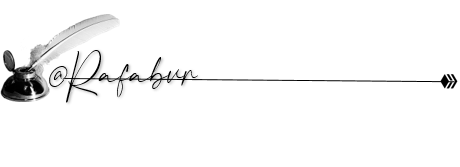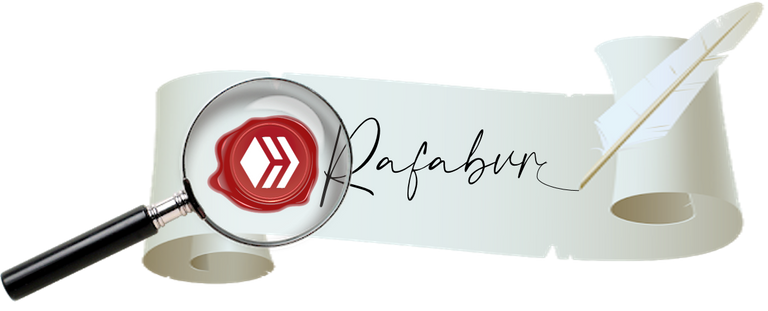Just as there is a credit history, there will also be a health insurance history, and when you turn your back on a suitable health coverage, you are not only undermining not only your well-being, but also your personal finances. You will remember the cliché, better to have it and not need it, than to need it and not have it, because any medical emergency can cost you double or more the premium you dread so much. But more than that, there is the fact that the longer you delay in contracting it, the higher the premiums you will pay because of your age and lack of a record.
When it comes to health insurance, dive into the deepest research. What does the market have to offer? Compare and contrast, approach your employer's insurance, as it is usually less expensive, or if you are under 25, approach your mom and dad, and if you are a candidate for a government-subsidized insurance or receive some benefit to cover part of the premiums, don't think about it so much.
More than a habit it is an obligation, any unforeseen event such as a breakdown or major repair, an unexpected expense or job loss, will not leave you in a bad way if you create an emergency fund. You may wonder how much money to set aside for this purpose? Specialists and financial advisors agree that the ideal is at least enough to cover six months of personal or family expenses. If you spend about $2,500 a month, make contributions to your emergency fund until you reach the equivalent of $15,000.
Remember that 50 30 20 rule? Well, the first purpose you will give to that 20%, will be to create this emergency fund. Where to keep it? Neither in a piggy bank nor in a trust, the ideal will be a high yield savings account, because it is a money that must be in sight when it is needed, but remember, never resort to the piggy bank for something unnecessary.

Have you ever thought about your retirement? You will say, "What's the point if I haven't even reached my 30's! The sooner you think about your future the better, you won't be living on the indulgence of your children when you get old, nor exclusively on the unstable public pension system. So, save for your retirement and start now. But how much money should you put in your pension fund? According to the specialists at Fidelity Management and Research, when you reach 60 you should have 10 times your average annual salary in your retirement assets, and you should start before 30, with the equivalent of one year's income, going to three times that amount at age 40, 6 times at age 50, and at least eight times when you reach 55. And don't forget the tax advantage that pension fund contributions represent in terms of deductions.

Many people are pessimistic or anxious when they try to think about personal finances or money management in general, because unfortunately many of us did not grow up with people who applied proven financial knowledge in their lives. This is more than a habit to improve your personal finances, it is an attitude. Before putting into practice any of the habits described above, you must remove from your mind any negative placement associated with money, such as, for example, that you are greedy, or you are not good at it, or that personal finances are not your thing.
You will not achieve any change if you do not get rid of your negative preconception about money, the invitation is to a change of mentality, keep in mind that true poverty is the lack of opportunities, and outside there is a sea of them waiting for you.
I have just shared with you 13 habits that, if applied correctly, will definitely change your personal finances, I hope you take on the challenge of putting them into practice.

SOURCES
Images taken from lascosasdejuampa1.blogspot.com published by Juan Pablo, of free use for personal or commercial purposes.Image 1Image 2Image 3Image 4Image taken from pixabay.comImage 5Image 6Leofinance logo taken from the community blog.All designs were created in PowerPoint.

Posted Using LeoFinance Beta









I have thought about my retirement, that's why I have crypto as an investment fund, I think it's the best asset.
I agree with the decision you have made, cryptos are the best asset in these times of financial insecurity.
Posted Using LeoFinance Beta